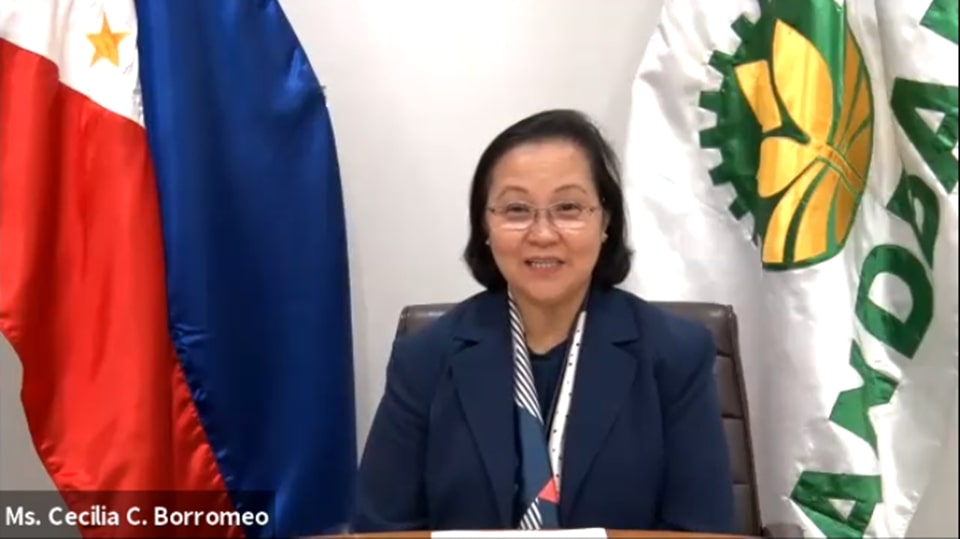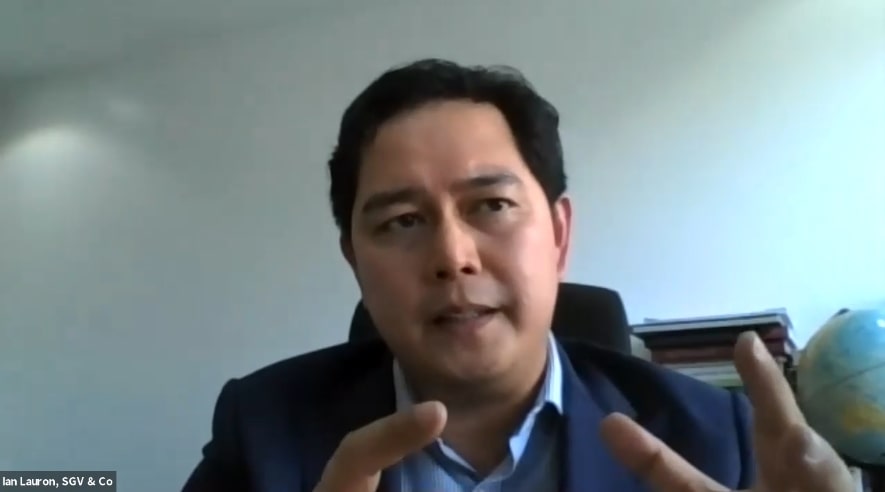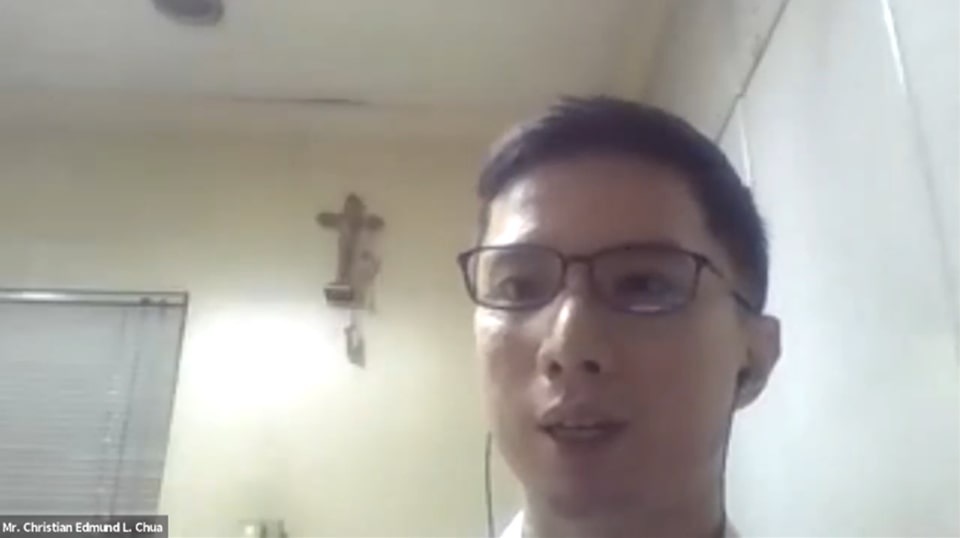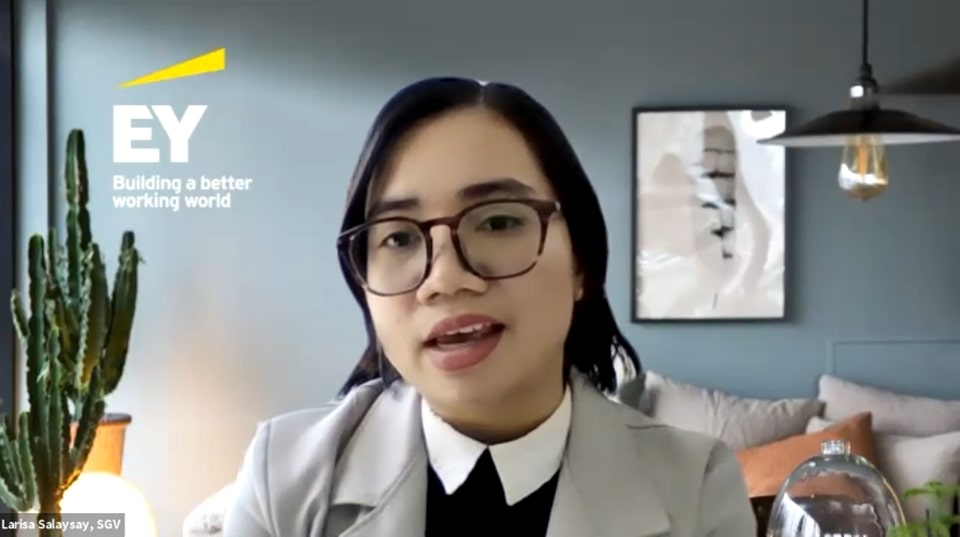Well-functioning and inclusive financial systems coupled with recent innovations in financial technologies that can contribute and support agricultural development towards Agriculture 4.0 rationalizes the joint forum on “Unlocking the Potential of Financial Technology (FinTech) and Innovations in Advancing Agricultural Development in the Philippines” held on 29 January 2021 via Zoom and Facebook. The forum was organized by the Southeast Asian Regional Center for Graduate Study and Research in Agriculture (SEARCA) and its private sector partner SyCip Gorres Velayo & Co. (SGV).
In its 11th Five-Year Plan focused on Accelerating Transformation Through Agricultural Innovation (ATTAIN), SEARCA has recognized the role of FinTech in strategically moving forward initiatives for the benefit of farmers and the agriculture sector. SEARCA Director Dr. Glenn B. Gregorio said FinTech innovations could offer enormous benefits for consumers as well as to businesses by making financial services and products convenient and accessible.
In support to this, the Land Bank of the Philippines (LBP) has several lending facilities which has assisted around 2.67 million farmer beneficiaries and has offered P237.62 billion worth of assistance to the agriculture sector to date. Clearly, access to agricultural financing plays a critical role in enabling the agriculture sector including smallholder farmers and business enterprises to adopt productivity-enhancing technologies and practices, as emphasized by Ms. Cecilia Borromeo, President and CEO of LBP.
In addition to this, a number of existing of agri-FinTech startups in Asia are offering support to smallholder farmers with access to potential markets, affordable credit, capital for agricultural equipment, and other financial services. To maximize such, there is a need to increase the awareness and knowledge of farmers on these kinds of platform.
Agricultural transformation also requires farmers to shift from traditional agricultural payment systems to utilizing available digital money services to reduce their financial risks, as pointed out by Mr. Christian G. Lauron, SGV Financial Services Consulting Partner and Government & Public Sector Leader. As such, adoption of FinTech solutions is critical to create a sustainable and transparent supply chain which is necessary to build the identity and integrity of smallholder farms to participate in the financial economy. In particular, blockchain technology, as elaborated by Mr. Christian Edmund Chua, SGV Financial Services Consulting Senior Director, enables the agriculture sector to establish a shared environment or database between all stakeholders. Blockchain technology allows full digitization of processes and operations along the value chain which can improve supply chain efficiency, decrease operation costs, and increase sales and revenues, among others.
Mr. Roel M. de la Cruz, Supervising Science Research Specialist in the Department of Science and Technology - Advanced Science and Technology Institute (DOST-ASTI), discussed the use of advanced science and technologies for mapping and monitoring of agricultural areas to collect and analyze climate-related data and information. These data are also being maximized to assess the vulnerability of agricultural areas to climate change and disaster risks, which are requisites to access credit-linked weather insurance programs, including green financing, as mentioned by SGV Consulting Associate Director Ms. Larisa Jane Salaysay.
Ultimately, as highlighted by Dr. Rico Ancog, SEARCA Operations Consultant for Emerging Innovation for Growth, there is need to look into options to build the financial systems of the country to improve the access of farmers and enterprises to capital and financial services and to explore the use of modern financial technologies to improve cost efficiency across the supply chain. In support to this, SEARCA has an ongoing project on developing digital agricultural platform which is being piloted with vegetables farmers in the municipalities of Nagcarlan, Liliw, and Dolores.
The program was moderated by Prof. Joselito G. Florendo, SEARCA Deputy Director for Administration.




